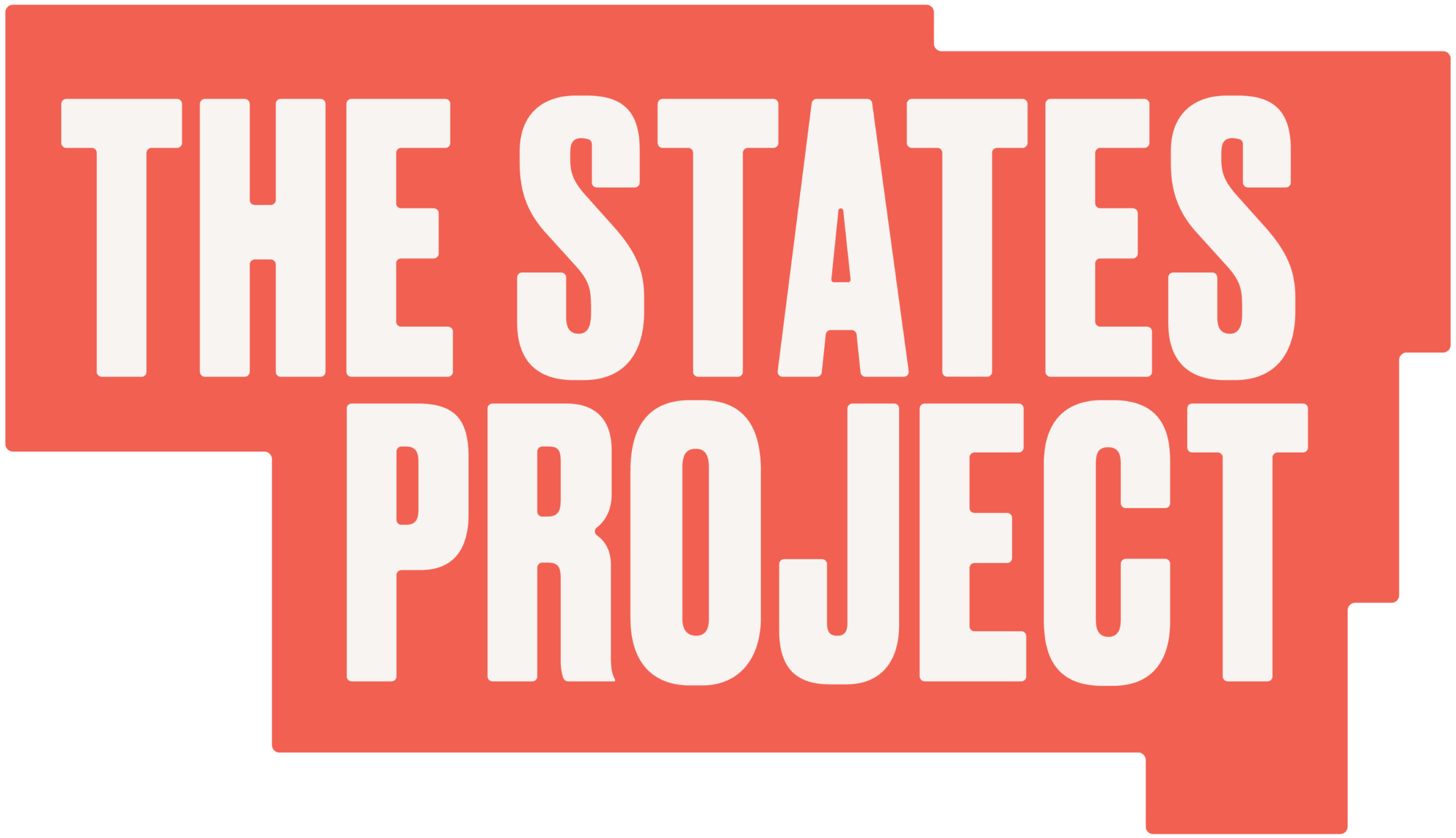In Give Smart’s first election in Virginia we helped shift the balance of power in the House of Delegates from a 51-49 rightwing majority to a new 55-45 majority. Unfortunately, now that recounts have concluded we know that control has shifted back in the chamber with a new 52-48 majority.
While the result was a disappointment, here are the important facts that add some context.
- Alex Askew’s race was the tipping point for chamber control. In the week before the election we had pinpointed his race as the one that would decide chamber control and asked you all to donate to him — as our single candidate in the Give Smart slate. He would’ve needed just 60 votes (out of nearly 30,000 cast) to switch in order to have come out on top.
- In the last gubernatorial election, House Democrats ran 5% behind the top of the ticket. In fact, they hadn’t outrun their gubernatorial nominee since 1997. However, thanks to the infrastructure that we’ve built in the past few years it appears that six of our eight endorsed incumbents actually ran ahead of the top of the ticket, including three—Delegates Schuyler VanValkenburg, Elizabeth Guzman and Wendy Gooditis—who won re-election by narrow margins.
- Our six other endorsees were all in the eight next closest finishers. In addition to Alex Askew, Joshua Cole (2%), Nancy Guy (2.4%), Debra Gardner (3.6%) and Roslyn Tyler (5.2%) lost by very close margins. We knew that these would be the seats that made the difference between a majority and a minority and unfortunately we fell just short.
The top of the ticket in Virginia, powerful national interests, and the media dismissed (and even undermined) these state legislative races, but it’s clear that we came very close to holding the House in spite of losing all three statewide races.
The big question on everyone’s minds is how will the result in Virginia impact our work in 2022?
We plan to make the following innovations:
- Expanding our sophisticated metrics on campaigns to determine which campaigns could make the most use of grassroots donations.
- Scaling up our programming so we can target more swing seats.
- Supporting candidates earlier in the cycle so they can plan to better use the resources available to them.
- Help more candidates build the infrastructure necessary to run strong campaigns using evidenced based tactics.
The most important thing we learned in Virginia is that it is possible to have candidates who outperform the national atmosphere. Our candidates ran disciplined campaigns that focused on the way they’ve improved their constituents’ lives, and if fewer than 100 people had changed their minds across a couple of districts there would be a tie in the House, a very different story.
In a maddening year when most people want to do anything but think about politics, this community was willing to be part of a near-million dollar effort to hold the Virginia House of Delegates. While we lost this battle, we held important ground and know that there will be others. And we’re getting better. We just need to keep building together. Thank you for making a difference in Virginia.










